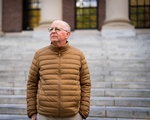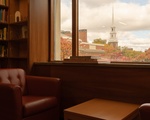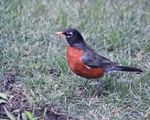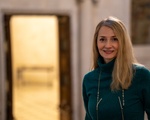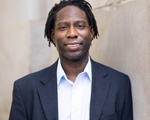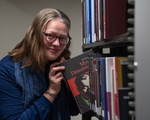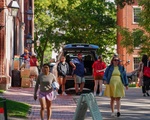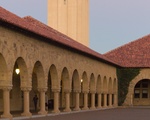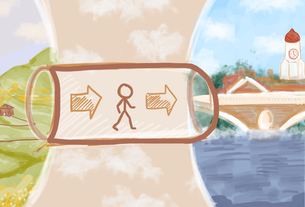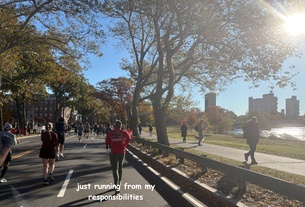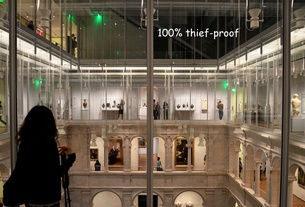The Scoop
Retiring from Work to School: HILR and a Lifelong Liberal Arts Education
The Harvard Institute for Learning in Retirement program currently engages around 500 retired seniors from the Greater Boston area in a peer-learning and teaching model. Participants design and enroll in more than 120 course offerings that span a multitude of topics.
Farnsworth, the Hidden Gem of Lamont
In the shadow of Widener’s dense textbooks and philosophical essays, and Houghton’s Shakespeare folios, this corner of Lamont offers something different – the permission to read for fun.
Students Shelf the First-Year Librarian Program
The First-Year Librarian program seeks to alleviate “library anxiety,” but most first-years on campus seem unaware of the initiative.
Why Are There Yiddish Napkins in Harvard’s Archives?
The Judaica Collection is in a league of its own, not just in its organizational structure, but in its scope and scale.
Dorm Room Architecture
From hallway doubles to six-person megasuites, the spatial layout of first-year dorms shapes the way students experience community.
Harvard’s Birders Flock Toward Tranquility
“It really is the acquaintanceship with a new world,” says Harvard birder Ashwin H. Sivakumar ’26. “You realize that you share the earth with this vast range of love.”
“Crusties”: The Harvard Band’s Extraordinary Alumni
It might seem odd to most people to see a raucous band with 18- and 80-year-olds marching alongside one another, but for the Harvard Band, it’s embedded into tradition.
Where Does Harvard’s Orientation for Activists Fit In Now?
With the Trump administration cracking down on diversity initiatives and administrators showing less tolerance for campus activism, it is unclear whether the program — as decades of students knew it — has a place in Harvard College’s future.
Could Harvard Have a Hoover Institution?
Within discussions about creating an institution like Stanford’s Hoover, Harvard faces a challenge to balance pressure from too many interests — including a dual mandate of nonpartisanship and support of conservative students.
What Was Lost in the SEAS Layoffs
The news of the layoffs came in a scheduled message from the dean. Around 7:40 or 8 a.m., Yoon received another email from his manager requesting a meeting — he took it as another bad sign. He’d been setting up equipment for his course when he had to step away for the Zoom call.



